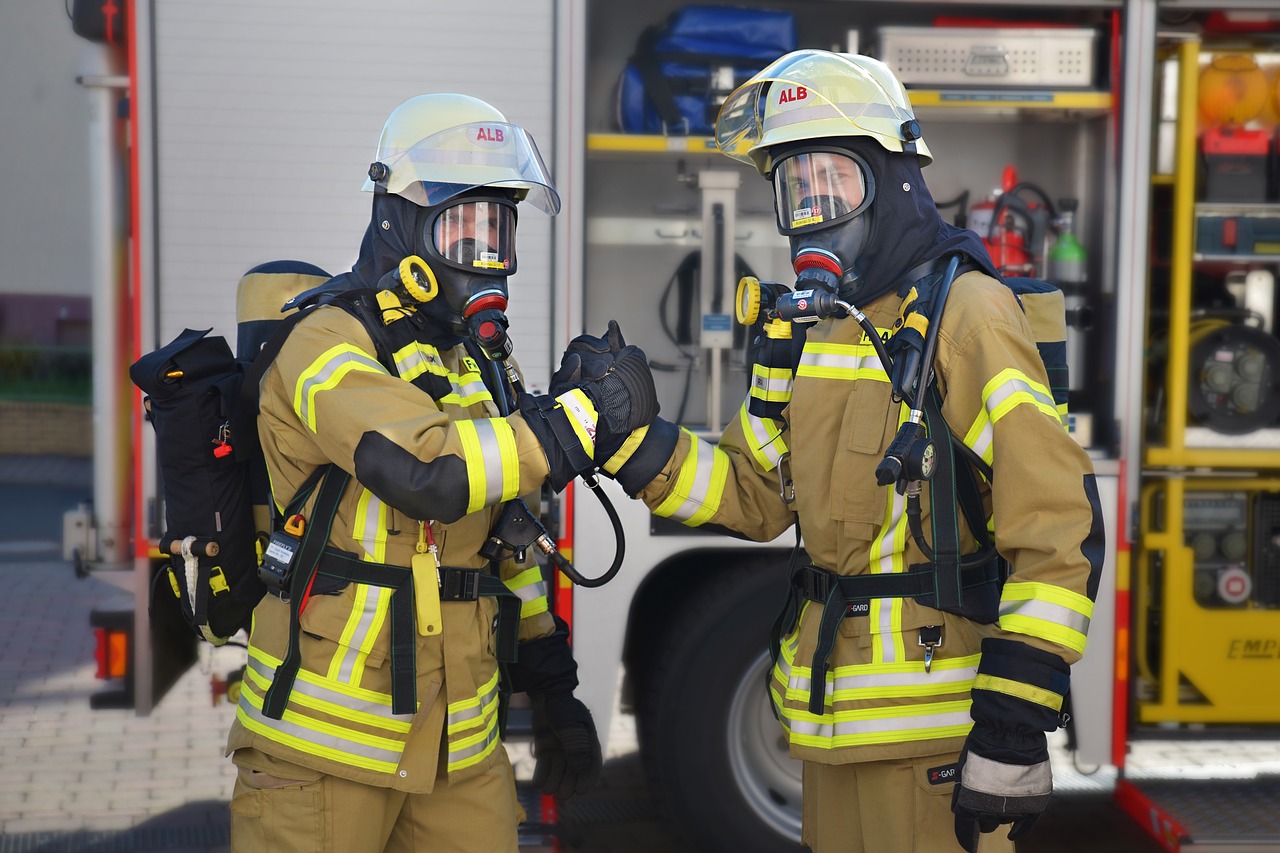There’s a critical need for leadership development in volunteer fire departments to ensure the effectiveness and success of these vital community organizations. Volunteer firefighters play a crucial role in keeping our communities safe, and investing in their leadership skills can lead to improved teamwork, efficiency, and overall performance. This blog post will explore various opportunities for growth and development in leadership within volunteer fire departments, offering valuable insights and strategies for enhancing leadership capabilities among its members.
Understanding Volunteer Fire Department Structure
Role of Leadership in Volunteer Fire Department
The leadership in volunteer fire departments plays a crucial role in ensuring the effectiveness and efficiency of operations. Your volunteers look up to their leaders for guidance, support, and direction. Strong leadership fosters a culture of teamwork, professionalism, and dedication within the department.
Differentiation from Paid Fire Departments
For volunteer fire departments, the main point of differentiation from paid fire departments lies in the nature of their workforce. It is important to understand that volunteers are not compensated financially for their service. Despite this, they are just as dedicated and trained as their paid counterparts, often balancing their commitment to firefighting with other full-time jobs.
It is important to acknowledge and appreciate the unique challenges and strengths that come with leading a volunteer fire department as opposed to a paid one. Volunteer departments often rely on community support and fundraising efforts to maintain operations, which requires a different approach to leadership and resource management.
Leadership Skills for Volunteer Firefighters
Communication and Interpersonal Skills
The ability to communicate effectively and establish strong interpersonal relationships is crucial for volunteer firefighters in leadership positions. Clear communication ensures that tasks are understood and executed efficiently, while interpersonal skills help in fostering a positive team environment. Volunteer firefighters must be able to convey information effectively during emergency situations, and also build relationships of trust and respect with their team members.
Strategic Planning and Decision Making
Making sound decisions under pressure is a key skill for volunteer firefighters in leadership roles. Strategic planning involves setting goals, allocating resources, and devising action plans to achieve objectives. Decision-making entails weighing different options, considering potential risks, and selecting the best course of action for the situation at hand. Volunteer fire department leaders must be adept at thinking strategically and making quick, effective decisions to ensure the safety and well-being of their team and the community.
Communication: In emergency situations, clear and concise communication is necessary for coordinating efforts, ensuring safety, and executing strategies effectively. Volunteer firefighters in leadership roles must be able to communicate instructions, updates, and critical information to their team members in a timely and precise manner.
Implementing Effective Leadership Training Programs
Identifying Training Needs and Objectives
One crucial step in implementing effective leadership training programs for volunteer fire departments is identifying the specific training needs and objectives. This involves conducting a thorough assessment of the current skill levels, knowledge gaps, and areas for improvement among the volunteers. By clearly defining the training needs and objectives, the leadership development programs can be tailored to address the specific areas that require attention.
Strategies for Engaging and Retaining Volunteers through Training
Leadership plays a vital role in engaging and retaining volunteers in the fire department through effective training programs. By offering opportunities for skill development, career advancement, and personal growth, volunteers are motivated to stay committed to their roles. Implementing a variety of training methods such as hands-on exercises, online courses, and workshops keeps the volunteers engaged and invested in their development.
A key strategy for engaging and retaining volunteers through training is to provide ongoing support and mentorship. Pairing new recruits with experienced volunteers as mentors can help them navigate the challenges of the role and feel supported in their growth journey. By fostering a culture of continuous learning and development, volunteer firefighters are more likely to stay motivated and committed to their service.
Measuring Leadership Development Success
Setting Goals and Benchmarks
Setting clear goals and benchmarks is crucial in measuring the success of leadership development initiatives in volunteer fire departments. By establishing specific objectives that align with the department’s strategic priorities, leaders can track progress and evaluate the impact of the programs implemented.
Evaluating Program Impact on Department Performance
Evaluating the program’s impact on department performance is crucial for determining the effectiveness of leadership development efforts. By analyzing key performance indicators such as response times, incident management, and teamwork within the department, leaders can assess the tangible results of the programs and make data-driven decisions for future improvements.
Measuring the success of leadership development in volunteer fire departments goes beyond just participation numbers. It involves a comprehensive evaluation of the program’s impact on the department’s operational efficiency, member morale, and overall effectiveness in responding to emergency situations. By utilizing both quantitative and qualitative data, leaders can gain valuable insights into the effectiveness of the programs and make informed decisions to further enhance leadership development initiatives.
Final Words
Presently, leadership development in volunteer fire departments offers numerous opportunities for growth. By investing in training programs, mentorship initiatives, and promoting a culture of continuous learning, these departments can cultivate strong leaders who are able to adapt to the challenges of the ever-evolving emergency response landscape. It is crucial for volunteer fire departments to prioritize leadership development in order to enhance the efficiency, effectiveness, and overall success of their operations. With a commitment to fostering leadership skills among their members, volunteer fire departments can ensure the safety and well-being of their communities for years to come.


